Our Blogs
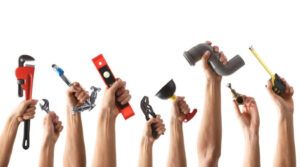
The Importance of Plumbing Maintenance for Commercial Property Owners
The Benefits of Commercial Plumbing Maintenance Keeping the plumbing operating smoothly in a home takes some work. How much more must commercial property owners do

How to Prepare for Water Heater Maintenance
Why It’s Important to Maintain the Quality of Your Water Heater The water heater in the home works harder than any other appliance. Large appliances
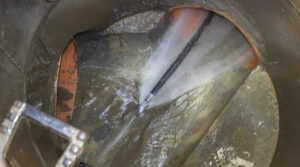
A Quick Guide to Hydro Jetting Service
Explaining Hydro Jetting Sewer line problems are a common complaint for home and business owners. When the sewer line starts to have trouble, it can
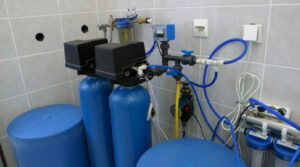
Why Every Home Needs a Water Filtration System
Water Filtration System Functionality Access to quality water is essential to a healthy home. Public water is loaded with contaminants these days, and individuals have

Tips To Help Homeowners Spot Water Leaks
Spot Water Leaks Before They Run up Water and Repair Bills Water leaks are one of the most common problems that homeowners run into. They

How To Decide When Repiping Is Needed
When Is the Right Time to Repipe the Home? One of the constant adventures of homeownership is the surprises regarding repairs. There is a never-ending

Sump Pumps: Preparing for Spring
Why Sump Pumps Are Important Sump pumps are necessary to protect the home from flooding. Natural causes like rain and snow are known to cause
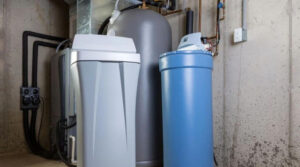
3 Amazing Benefits of Water Softeners
How Water Softeners Work to Benefit the Household Many people aren’t aware of how water softeners work or the benefits they provide. After all, for
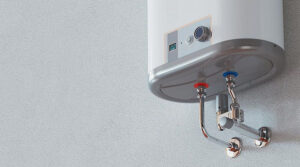
Four Reasons to Install a Tankless Water Heater
Who Are Tankless Water Heaters Right For? Tankless water heaters are a relatively new technology. And like any new technology, it’s common for people to
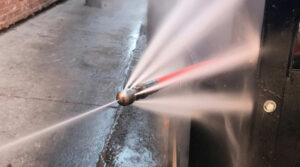
Homeowners Guide to Hydro Jet Drain Cleaning
Frequently Asked Questions About Hydrojetting What is hydrojetting? Hydrojetting is a drain cleaning method that not all homeowners know about, but they should. Frequent issues
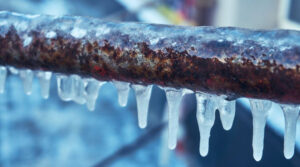
How To Avoid Frozen Pipes During the Cold Winter Months
Pro Tips for Winterizing Water Pipes Winters in the Texas Hill Country may not be as unforgiving as it is in some other parts, but

Why Get Professional Water Heater Maintenance?
Avoid Getting Stuck Without Hot Water This Fall! Hot water is such a ubiquitous part of everyday life in most American homes that it’s easy
